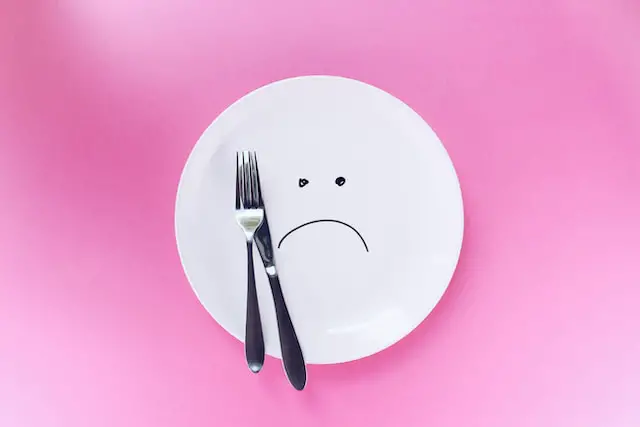In today’s fast-paced world, maintaining a healthy diet can be a challenging task, especially when trying to stick to a calorie-restricted plan. But fear not! With the right approach and a few expert tips, it’s possible to enjoy a 1,500 calorie diet without feeling hungry all day. In this article, our expert will share valuable insights on how to stay satisfied while nourishing your body with nutritious foods.
To avoid hunger while consuming 1,500 calories, focus on high-quality protein and fiber-rich foods, along with water-rich options, while avoiding liquid calories like soda and processed foods. Adequate sleep is also important for managing hunger effectively.
1. Prioritize Quality Protein in Every Meal
Protein is an essential nutrient that plays a vital role in satisfying hunger and promoting feelings of fullness. When following a 1,500 calorie diet, increase your protein intake to reduce hunger pangs throughout the day. Lean protein sources like chicken, fish, turkey, and legumes are excellent choices to include in your meals. Not only do they provide essential amino acids, but they also take longer to digest, helping you feel satisfied for longer periods.
2. Incorporate Fiber-Rich Foods
Fiber is your best friend when it comes to managing hunger on a calorie-controlled diet. Focus on consuming fiber-rich foods like whole grains, fruits, vegetables, and beans to keep you feeling full without adding extra calories. Fiber slows down digestion, regulating the release of glucose into the bloodstream and providing a steady source of energy throughout the day.
3. Include Water-Rich Foods in Your Diet
Hydration is essential for overall well-being, and it can also help control hunger. Choose water-rich foods like cucumbers, watermelon, tomatoes, and leafy greens as they have high water content and low calories. These foods not only contribute to your daily fluid intake but also add volume to your meals, promoting a sense of fullness.
4. Limit Liquid Calories
It’s easy to overlook the calories hiding in your beverages. Avoid liquid calories from sugary sodas, fruit juices, and sweetened beverages as they provide little satiety and can quickly add up. Instead, opt for water or unsweetened herbal teas to stay adequately hydrated without consuming unnecessary calories.
5. Avoid Processed Foods with High Calories and Low Volume
When hunger strikes, it can be tempting to reach for convenient, processed snacks. However, most of these foods are calorie-dense and lack the volume needed to keep you satisfied. Steer clear of processed foods like chips, cookies, sugary treats, and fast food which can lead to overeating and hinder your weight loss efforts.
6. Get Sufficient Sleep
Sleep plays a critical role in regulating hunger hormones and appetite. Ensure you get sufficient sleep each night, ideally between 7 to 9 hours, to support your weight management goals. Lack of sleep can lead to increased hunger and cravings for unhealthy, calorie-laden foods.
7. Stay Adequately Hydrated with Water
Thirst is often mistaken for hunger, leading to unnecessary snacking and calorie consumption. Drink plenty of water throughout the day to stay hydrated and prevent confusion between thirst and hunger signals. Water also aids digestion and helps maintain a healthy metabolism.
In conclusion, following a 1,500 calorie diet doesn’t mean you have to endure constant hunger pangs. By prioritizing quality protein and fiber-rich foods, incorporating water-rich options, and limiting liquid calories, you can stay satisfied and nourish your body with the right nutrients. Remember to also avoid processed foods and get enough sleep to support your weight management journey.
Embrace these expert tips and make your journey to a healthier, more fulfilling lifestyle!
